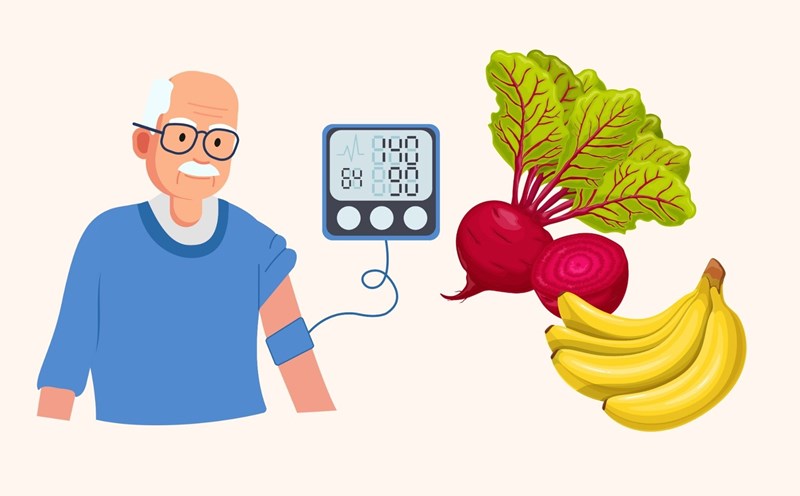Ginger has long been known as a familiar spice in cuisine and folk medicine. Today, modern scientific studies are gradually proving the potential role of ginger in supporting blood pressure control, one of the most common cardiovascular health problems worldwide.
Some compounds in ginger, especially gingerol, have the ability to relax blood vessels and fight oxidation, says Dr. Arno Kroner, an integrative medicine expert at UCLA Medical Center (USA). This helps reduce pressure on the vessel walls and contributes to lowering blood pressure. However, ginger cannot replace treatment. Patients need to follow the medical regimen and only consider ginger as a supplementary measure".
New research on the effects of ginger on blood pressure
A study published in 2024 on a group of people aged 45-65 with high blood pressure showed that ginger extract can lower blood pressure. However, experts note that this study is still limited and requires more solid scientific evidence.
Other reviews also suggest that ginger can dilate vessels and reduce inflammation, which are important factors in preventing heart attack and stroke. Research in 2023 found that drinking ginger tea daily for eight weeks helps lower blood pressure thanks to gingerol acting like an ACE enzyme inhibitor.
In particular, using ginger instead of salt in cooking also helps reduce sodium consumption, a major cause of high blood pressure.
Health benefits and potential risks of using ginger
In addition to cardiovascular disease, ginger has also been shown to help relieve menstrual cramps, reduce nausea, aid digestion and fight inflammation. Consumers can use ginger in many forms such as tea, flour, fresh ginger or soaked ginger.
However, high doses of ginger, especially supplements, can cause side effects. Dr. Kroner warns: Heavy doses of ginger can increase the risk of bleeding, affect blood sugar and cause digestive discomfort. People who are taking anticoagulants, diabetics and pregnant women need to be especially careful when using them.
Therefore, experts recommend adding ginger in moderation to your daily diet, instead of overusing supplements.
Use ginger properly to protect blood pressure
To maximize the effect of ginger, people can make tea, add freshly grated ginger to stir-fry, soup or salad. Combined with a diet rich in vegetables, fruits, whole grains, low in salt, regular exercise, adequate sleep and stress management will help maintain stable blood pressure.
Ginger can be considered a natural companion in cardiovascular care, but it is not a medical alternative. People with high blood pressure should consult a doctor before using ginger in large doses or as a functional food.










